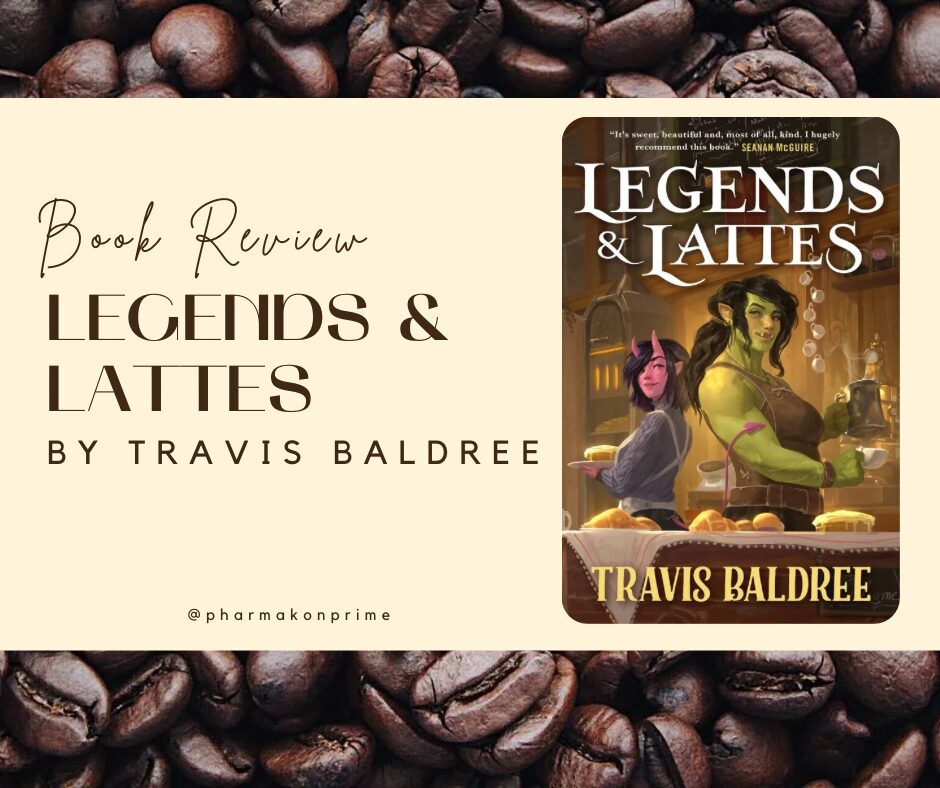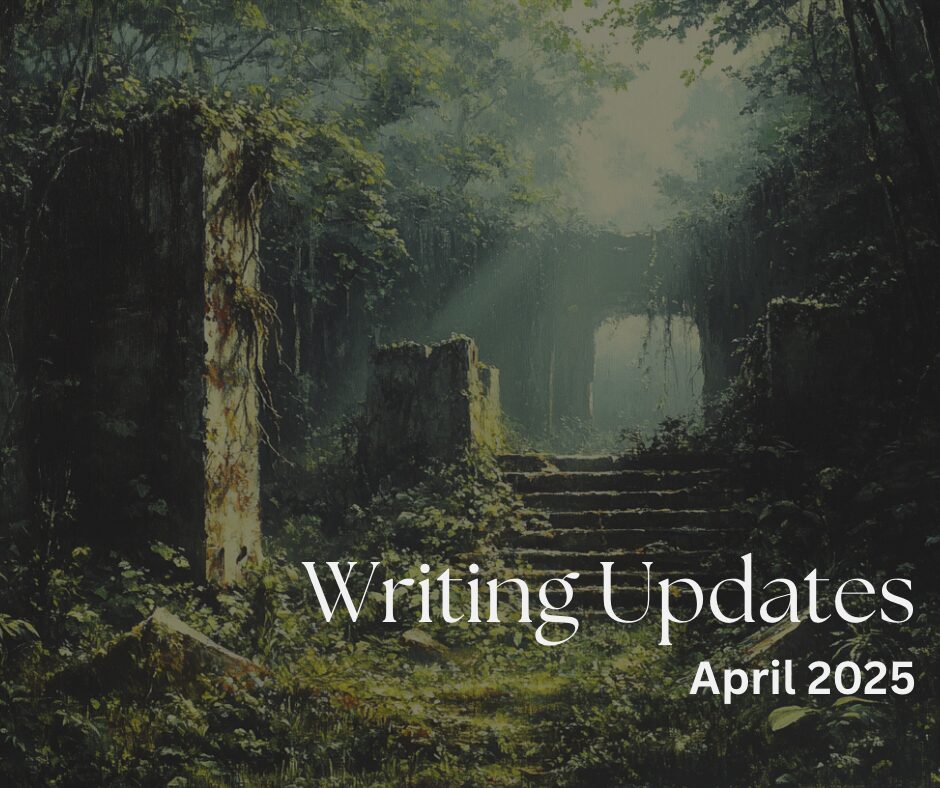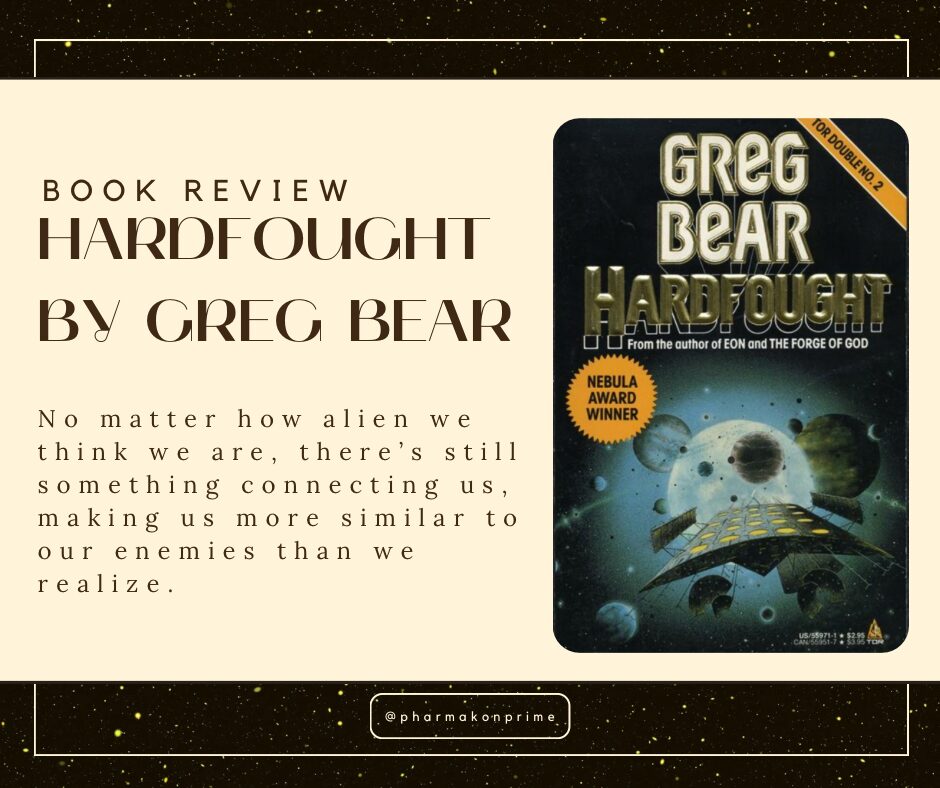Word counts are a hot topic among writers. After all, how many words you write for each piece defines whether you are a short story writer or an epic fantasy novelist. Often the size of your book can either attract or frighten away potential readers. We are in awe of writer who cram stories into a few paragraphs and authors who can pump out massive amounts of words per year.
For this article, I’m going to focus mainly on novels and why the optimal length of a novel is so hard to pin down.
Complexity Matters
Michael Stackpole gave a rough rule of thumb to estimate how long a novel could be in the context of the story: he said to account for 30,000 words per character. That means that in a standard 100,000 word novel, you have the word-space for two main characters and an antagonist.
The more complicated your stories, however, the longer your novels must be. An extreme example of this is The Wheel of Time series by Robert Jordan and Brandon Sanderson, which has 2787 named characters. Not all of them are main or even secondary characters, but the main cast of the story is still absolutely massive. As a result, The Wheel of Time series is a mind-boggling 4,410,036 words long. Because of the epic scope of aptly-named epic fantasy novels, many of these stories can’t be contained in a single novel and often comprise trilogies or sprawling series.
Genre Conventions Matter
I’ve seen romance authors in beta reader groups dog pile on fantasy writers, saying that a manuscript needs to be cut down by 100k words without even seeing the story. What they aren’t realizing is that there is a massive difference in what is expected between the two genres. When you write a romance novel set in New York, everyone on Earth has at least a vague idea of what it looks like. We know that Manhattan has skyscrapers and lots of cars, and that you probably aren’t going to be attacked by a pterodactyl-like monster at any given point. In an epic fantasy story, all bets are off. Unless you are writing urban or low fantasy that takes place here on Earth, you often have to construct the story world from scratch. And you know what? All those extra political structures, geological features, magic systems, cultures, and critters require words to describe them. Thus, the word count for a romance novel is probably going to be significantly less than an epic fantasy novel.

Genre Word Count Expectations
I have a table of numbers here that illustrates an interesting point: The word counts recommended by editors, publishers, and well-meaning English professors are VERY different from the word counts of books that are actually published. I’d guess that if you took the average of all the books in a given genre or subgenre that they would fall somewhere in the recommended word count. But that’s just the average. Many of the best novels fall outside those guidelines.
| Genre | Average Recommended Word Count | Word Counts I’ve Observed |
| General Fantasy | 80,000-120,000 | 50,000-200,000 |
| Epic Fantasy | 100,000-120,000 | 80,000-450,000 |
| Science Fiction | 90,000-125,000 | 45,000-200,000 |
| Romantasy | 80,000-110,000 | 50,000-200,000 |
| Horror | 40,000-120,000 | 50,000-500,000 |
As you can see, the recommended word counts for speculative fiction authors occupies a narrow band compared to the large spread of published authors. On one end of the spectrum, you have authors like Ray Bradbury and Terry Pratchett who wrote relatively slim novels coming in sometimes well under 100k words, while on the other end you have heavyweight tomes written by Stephen King and Brandon Sanderson.
So why the discrepancy? I believe it comes down to one thing: established, proven authors know how to tell a story, whereas new authors don’t. As a result, publishers trust established authors with however many pages are required to tell the story while new authors are confined by rules in order to teach them how to become better writers–or so that’s what the publishers believe. They believe that by fixing the word count at around 100,000 words, they will prevent new authors from rambling on senselessly while encouraging them to write enough substance to tell a decent story.
Does This Mean I Can Ignore the Recommended Word Counts?
Yes and no.
If you are going to self-publish your novel, then it’s really up to you how long of a book you write. No one can stop you from writing a 1 million word book.
If you want to be a traditionally published author, though, you do have to play by the publishers’ rules. That includes these recommended word counts. Many, if not all, agents and editors won’t even look at your manuscript if it falls outside these guidelines.
They do this because it’s an easy way to weed out manuscripts. Remember, agents and editors receive mountains of manuscripts that they can’t possibly read every single one of. They are constantly looking for ways to cull the manuscripts, and the way they do that is by getting rid of rule-breakers. Didn’t keep the word count within our guidelines? Circular file. Didn’t use standard manuscript format? DX’d. Didn’t put your email on the manuscript? Adios.
These recommended word counts are also a way for agents and editors to play it safe. 100,000 words is enough for a decent author to tell a story without being too wasteful. (Big books are exponentially more expensive to produce.)
You can still write a tiny novel or a door-stopper, but you have to accept the very real risk that agents and editors won’t even look at it.
Limitations of Word Count Guidelines
Like all paint-by-numbers methods of writing, this narrow-minded method ignores the fact that countless fantastic authors throughout history have completely ignored the so-called experts and not only survived, but thrived. For example, Leo Tolstoy’s Anna Karenina has several sections where one of the main characters, Levin, spends pages and pages pondering his life, the world, and a load of other stuff. He does this in the middle of a field whacking down hay, and again while he’s bored stiff in the middle of his own wedding. Modern editors would scream “Cut it out! It’s boring! No one will like it!” And yet many scholars believe that those “boring” sections are actually some of Tolstoy’s greatest writing. Likewise, many people who have read The Count of Monte Cristo despise abridged versions because of all the wonderful twists that are lost to the editor’s red pen.
Another example is J.R.R. Tolkien’s The Lord of the Rings. Some people find those books tedious, as Tolkien loved to delve into song and description, much like the fables and myths he based his style of writing off of. But others, myself included, love the rich world that he created.
On the flip side, having a minimum word count can be just as damaging as a maximum word count. For instance, I recently finished Iron Flame by Rebecca Yarros. Iron Flame truly felt like two books inelegantly smashed together. I’m not sure if this is just hearsay, but I heard that Yarros wanted Iron Flame to be two books but her editor insisted on making it one. For me as a reader, that made for a very strange read. I got through the first story arc with its satisfying conclusion and thought, “That was a great book! I’m done!” followed by “Wait, I’m only halfway through?”
Write the Story Not the Book
This brings me to my final point: Write your story, not the book. Write your story to completion, however long that is, and don’t worry about how long or short the novel will be. Worry about that later, if you must. Or maybe consider self-publishing if traditional publishers won’t even bother to look at your manuscript.
Every book has its audience, even if it’s an audience of one. Write for that audience, not for some editor who’s seen 10,000 too many raw, ugly manuscripts this month and is desperately looking for an excuse to rid themselves of yet another.
Brandon Sanderson’s first eleven (or 12? 13?) manuscripts were often rejected because they were too long. No one would even read them. But he kept plugging away at them, learning how to write his stories the way he wanted to tell them. Some people love everything he puts out; other people don’t see what the big deal is. But his giant tomes reliably satisfy his audience because he knows how to tell a story that speaks to them, even if that means he needs more words to tell it.
Conclusion
So how many words should your novel be? The answer is it depends. Write your story. Take however many words you need to do it. Then take a good hard look at your story. Are there sections that don’t add anything to the story? Could a character use a little more screen time to develop their character?
But when it comes right down to it, the number of words that comprise your novel is completely irrelevant compared to how well you told the story.



